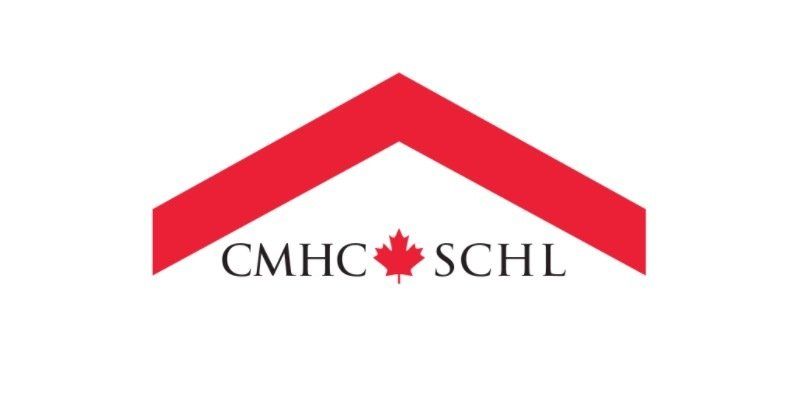CMHC to Increase Mortgage Insurance Premiums
If you were to read this headline a day sooner you might think it was some kind of April Fools joke, however today CMHC announced that it will be increasing the insurance premiums for mortgages secured with a 5% downpayment.
Effective June 1, 2015, the mortgage loan insurance premiums for homebuyers with less than a 10% down payment will increase by approximately 15%.
Although CMHC claims that this increase “is not expected to have a material impact on housing markets”, the timing of this announcement is a little peculiar in that they decided to issue the press release on a Thursday afternoon just before a long weekend.
Obviously there are questions that need to be asked and answered, but that will have to wait until next week.
CMHC is the largest mortgage default insurer in Canada. It will be interesting to see if Genworth and Canada Guaranty (the other two insurers) follow suit with the same increase in their insurance premiums. I will let you know!
Until then, have a great long weekend!
For your reference, here is the release from CMHC.
OTTAWA, April 2, 2015 — As a result of its annual review of its insurance products and capital requirements, CMHC is increasing its homeowner mortgage loan insurance premiums for homebuyers with less than a 10% down payment. Effective June 1, 2015, the mortgage loan insurance premiums for homebuyers with less than a 10% down payment will increase by approximately 15%.
For the average Canadian homebuyer who has less than a 10% down payment, the higher premium will result in an increase of approximately $5 to their monthly mortgage payment. This is not expected to have a material impact on housing markets.
Premiums for homebuyers with a down payment of 10% or more and for CMHC’s portfolio insurance and multi-unit insurance products remain unchanged. The changes do not apply to mortgages currently insured by CMHC.
“CMHC completed a detailed review of its mortgage loan insurance premiums and examined the performance of the various sub-segments of its portfolio,” said Steven Mennill, Senior Vice-President, Insurance. “The premium increase for homebuyers with less than a 10% down payment reflects CMHC’s target capital requirements which were increased in mid-2014.”
CMHC is mandated to operate its mortgage loan insurance business on a commercial basis. The premiums and fees it collects and the investment income it earns cover related claims and other expenses while providing a reasonable rate of return on its capital holding target.
CMHC contributes to the stability of Canada’s housing finance system, including housing markets, by providing qualified Canadians in all parts of the country with access to a range of housing finance options in both good and bad economic times.
Effective June 1 st , CMHC Purchase (owner occupied 1 – 4 unit) mortgage loan insurance premiums will be:
| Loan-to-Value Ratio | Standard Premium (Current) |
Standard Premium (Effective June 1 st , 2015 |
|---|---|---|
| Up to and including 65% | 0.60% | 0.60% |
| Up to and including 75% | 0.75% | 0.75% |
| Up to and including 80% | 1.25% | 1.25% |
| Up to and including 85% | 1.80% | 1.80% |
| Up to and including 90% | 2.40% | 2.40% |
| Up to and including 95% | 3.15% | 3.60% |
| 90.01% to 95% — Non-Traditional Down Payment | 3.35% | 3.85% |
CMHC reviews its premiums on an annual basis and will announce decisions on premiums following this review.
Canada Mortgage and Housing Corporation (CMHC) has been Canada’s authority on housing for more than 65 years.
CMHC helps Canadians meet their housing needs. As Canada’s authority on housing, we contribute to the stability of the housing market and financial system, provide support for Canadians in housing need, and offer objective housing research and advice to Canadian governments, consumers and the housing industry. Prudent risk management, strong corporate governance and transparency are cornerstones of our operations.
For additional highlights please see attached backgrounder and key fact sheet.
Follow CMHC on Twitter @CMHC_CA
Information on this release:
Karine LeBlanc, Media Relations
613-740-4513
kjleblan@cmhc.ca
Recent Posts



Contact Me Anytime!
The best way to get ahold of me is to submit through the contact form below. However feel free to give me a shout on the phone as well.


